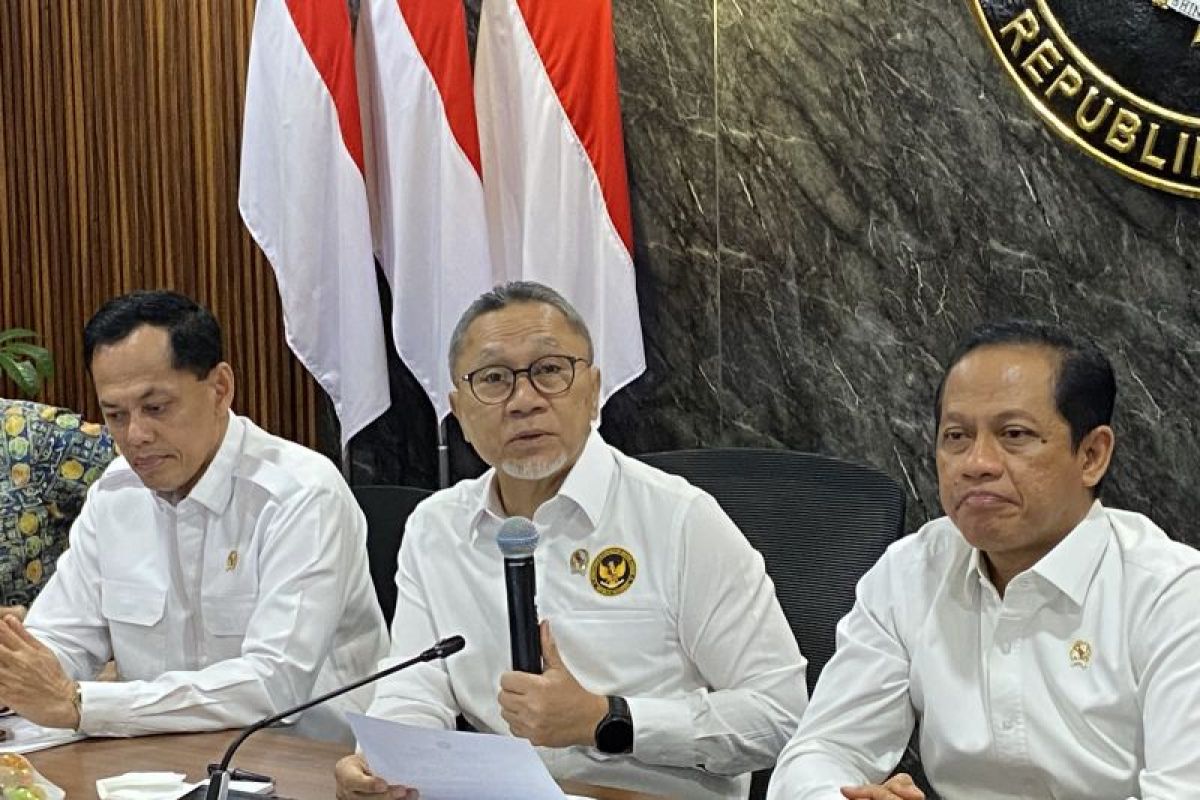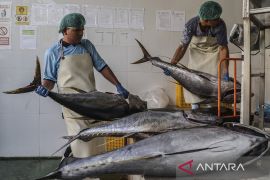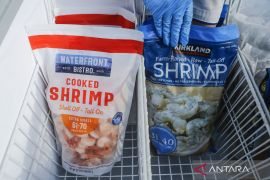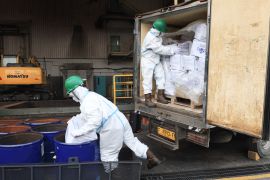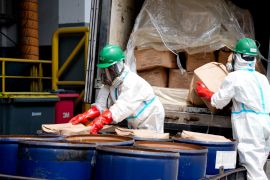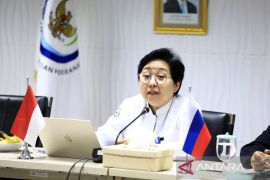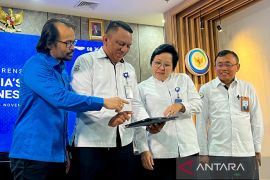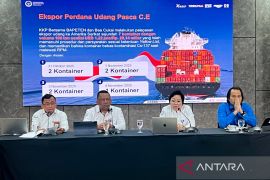Officials emphasized that the incident has not affected the national supply chain or exports.
Coordinating Minister for Food Affairs and Head of the Task Force for Handling Cs-137 Radiation Hazards, Zulkifli Hasan, in a press conference here on Tuesday, stated that the government has officially designated the Cikande industrial area as a serious incident zone for Cs-137 exposure.
“This designation enables us to carry out containment and decontamination efforts swiftly,” Hasan said.
He assured that Indonesia’s seafood quality control systems remain fully operational and comply with both national and international standards, ensuring that local shrimp products remain safe and competitive in global markets.
As a precautionary step, authorities have re-exported 14 containers of scrap metal containing Cs-137 from Tanjung Priok Port. An additional nine containers originating from the Philippines are also slated for re-export.
“If those containers were used to ship shrimp, the shrimp could be contaminated. And if they’re reused for other goods, that’s dangerous,” he warned.
The measures came after the US Food and Drug Administration (FDA) confirmed traces of Cs-137 in frozen shrimp imported from Indonesia.
Hasan emphasized that the government has intensified coordination with international stakeholders, including the US government and the International Atomic Energy Agency (IAEA), to maintain transparency and accountability.
During the same briefing, Senior Advisor to the Coordinating Ministry for Food Affairs, Bara Khrishna Hasibuan, revealed initial investigations traced the source of contamination to PT Peter Metal Technology (PMT), a steel manufacturer in the Cikande industrial zone.
The facility uses scrap metal as its primary raw material, and the contamination is believed to have spread through airborne transmission.
“Because it’s airborne, the contamination can be carried by wind. The shrimp packaging facility owned by PT Bahari Makmur Sejati (BMS) is located less than two kilometers from the steel plant,” Hasibuan explained.
Initial findings indicate that Cs-137 exposure was detected not only in the shrimp packaging but also in the containers used for shipping.
Related news: Ministry of Food asks public to not worry about consuming shrimp
Related news: Indonesia tightens import rules after radioactive shrimp scare
Translator: Shofi Ayudiana
Editor: M Razi Rahman
Copyright © ANTARA 2025
